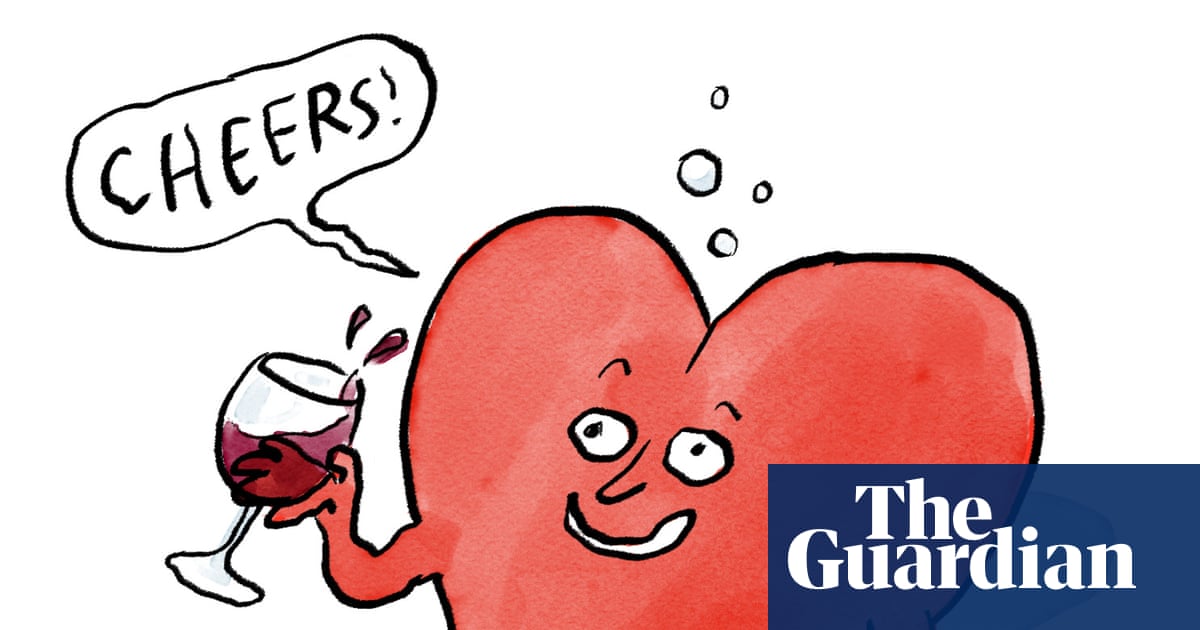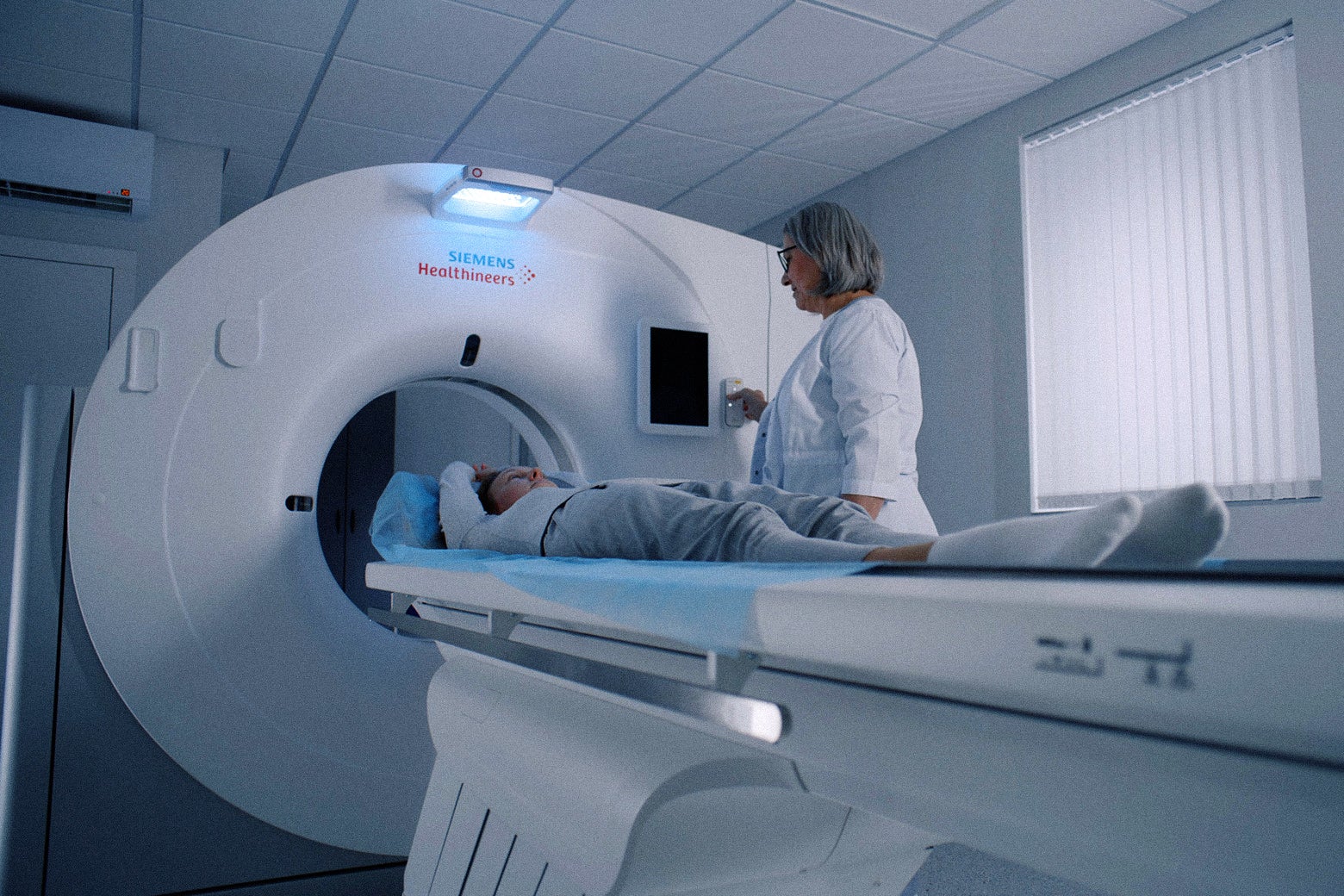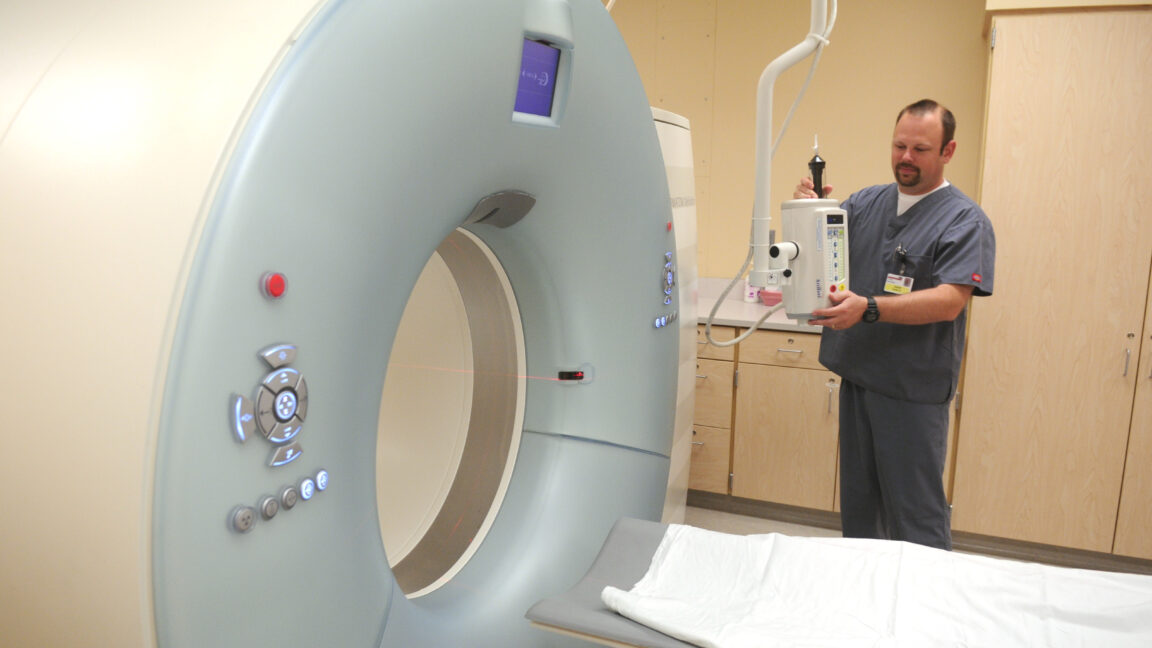fromDaily Coffee News by Roast Magazine
4 months agoUK Study Associates 'Very Hot' Coffee and Tea with Cancer Risk
A recent study tracking nearly half a million people has delivered sobering news for people who prefer their morning brew piping hot: drinking very hot beverages may significantly increase the risk of a form of throat cancer called esophageal squamous cell carcinoma (ESCC). The research, published in the British Journal of Cancer, followed 454,796 adults through the UK Biobank for over a decade, finding that "very hot" beverages were a clear risk factor for the disease.








